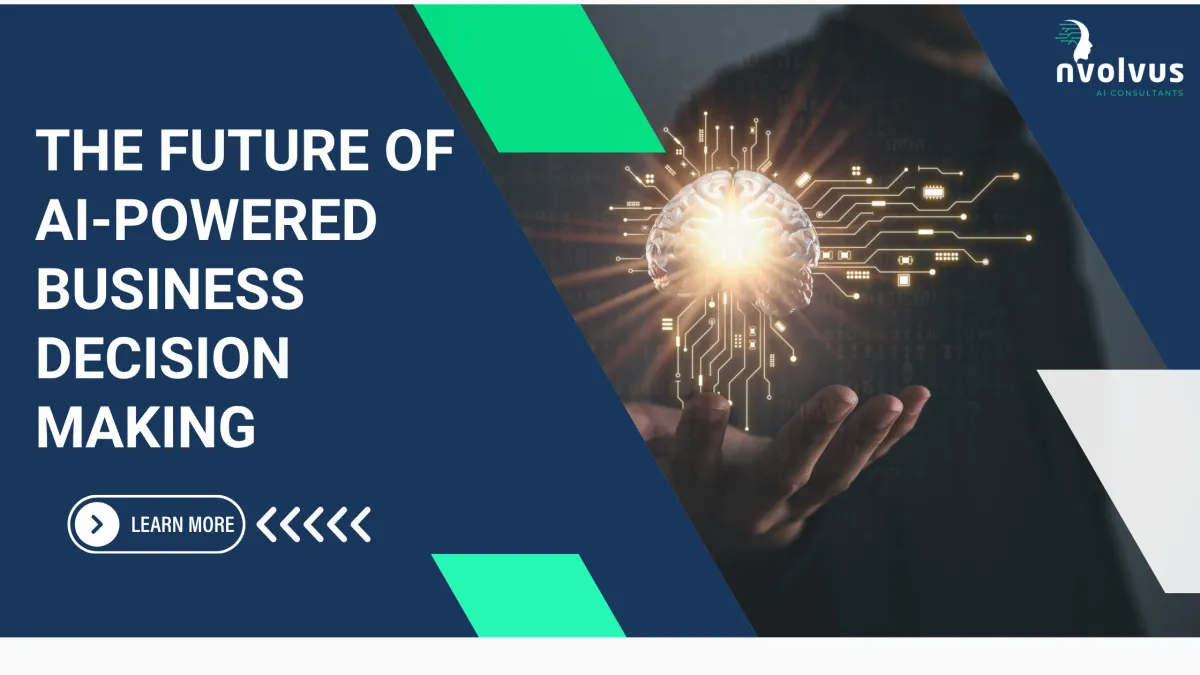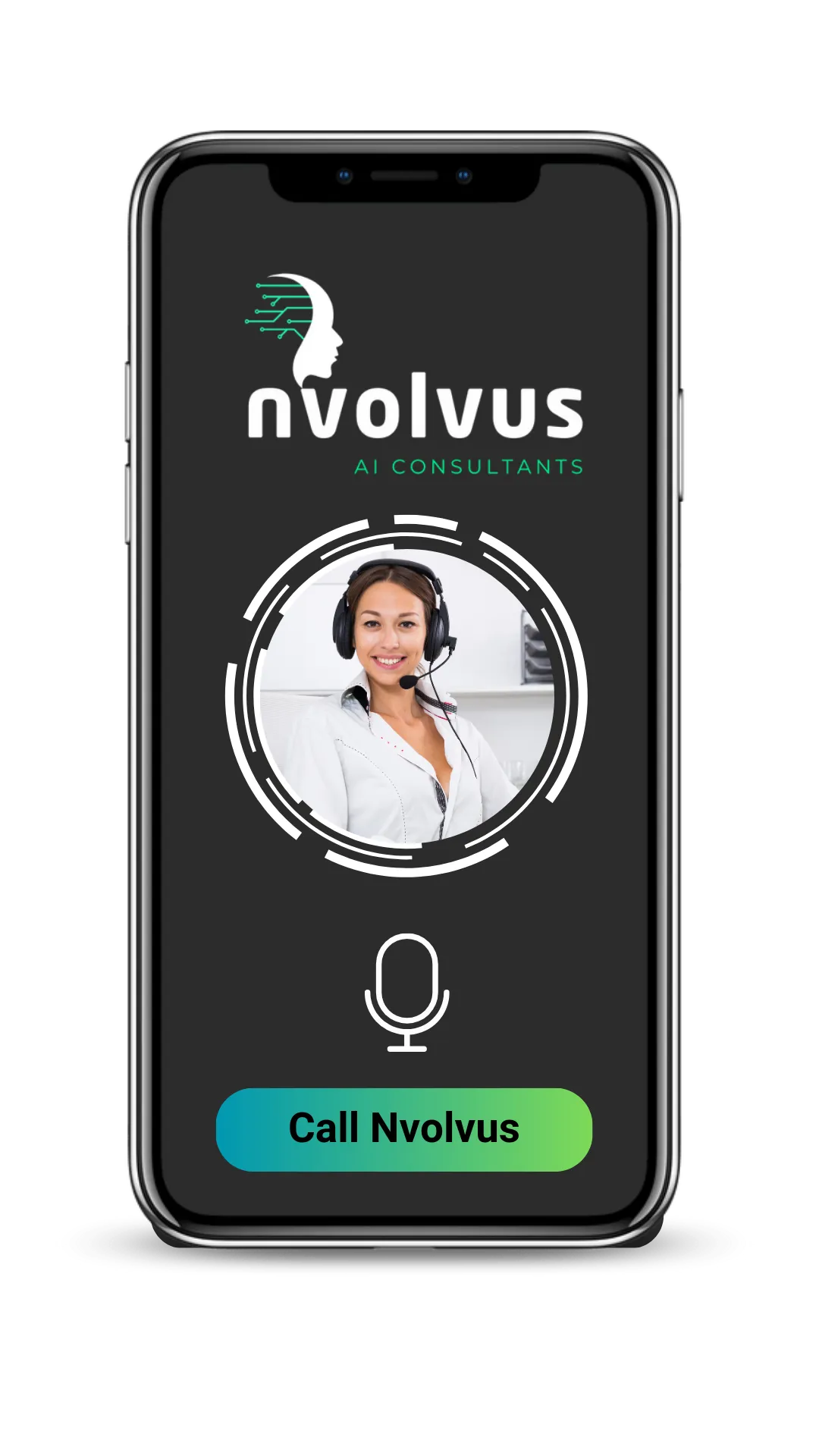
The Future of AI-Powered Business Decision Making
The Future of AI-Powered Business Decision Making
Enter AI-powered decision making: a smarter, data-driven way to guide strategies, optimise resources, and reduce risks. Let’s unpack how AI is reshaping the boardroom and empowering leaders to make choices with confidence.
Data-Driven Insights at Scale
Businesses generate oceans of data daily. AI doesn’t just process this—it interprets it, uncovering patterns and insights that humans might overlook.
Examples include:
Retailers forecasting product demand and preventing stock-outs.
Finance teams predicting cash flow and identifying risk factors.
Marketers tailoring campaigns based on behavioural analytics.
Instead of asking, “What should we do next?” the question becomes, “What does the data say we should do?”
Predictive Analytics and Risk Management
AI’s predictive power is a game-changer. From forecasting sales to identifying supply chain risks, AI helps businesses prepare for the unexpected.
Imagine foreseeing a production bottleneck before it happens or predicting market shifts months in advance. AI turns uncertainty into foresight—minimising loss and maximising opportunity.
Smarter Automation in Decision Making
AI doesn’t just analyse—it acts. Businesses are now using AI-driven automation to make decisions faster and with more consistency.
Examples include:
Inventory Management: Automatically restocking items before they sell out.
Recruitment: Filtering and ranking candidates for cultural and performance fit.
Customer Support: Routing queries to the best channel for faster resolution.
Automation gives teams more time to focus on creativity, strategy, and innovation.
Real-World Examples of AI in Decision Making
Healthcare: AI helps doctors decide treatment paths by analyzing patient history and clinical data.
Logistics: Delivery companies use AI to determine optimal routes and minimize costs.
Finance: AI suggests investment strategies and risk assessments.
Manufacturing: Predictive maintenance prevents downtime and saves resources.
The Human + AI Partnership
A common misconception? That AI will completely replace leaders. In reality, AI serves as a co-pilot, not a captain.
Machines handle data processing, while humans bring creativity, intuition, and ethics to the decision-making process. The most successful companies understand that AI enhances human potential—it doesn’t replace it.

Final Thoughts
AI is not here to take over the decision-making process—it’s here to elevate it. By analyzing massive datasets, predicting outcomes, and automating repetitive decisions, AI empowers business leaders to make smarter, faster, and more confident choices.
👉 Ready to make data-driven decisions for your organisation? Schedule your free strategy consultation at www.nvolvus.ai and discover how AI can revolutionize your business intelligence.
FAQs
1. Can AI completely replace human decision makers?
No, AI cannot fully replace human decision makers. While AI provides data-driven insights and recommendations, human judgment and ethical considerations are still crucial. The best outcomes come from combining machine intelligence with human creativity and emotional understanding.
2. What industries benefit most from AI decision making?
Several industries are thriving with AI-driven decision making, including finance, healthcare, logistics, manufacturing, and retail. These sectors rely on AI to improve efficiency, reduce risks, and forecast trends. As AI tools continue to evolve, even more industries are beginning to integrate them into their strategies.
3. How accurate are AI predictions?
AI predictions can be highly accurate when trained on clean, high-quality data. The more relevant and comprehensive the data, the better the model performs. However, inaccuracies can occur when data is outdated, biased, or incomplete.
4. Is AI decision making expensive for small businesses?
Not anymore. Thanks to scalable, subscription-based AI platforms, even small and mid-sized businesses can now access powerful decision-making tools. This affordability allows companies to make smarter, faster choices without the need for massive budgets.
5. What’s the biggest risk of relying on AI for decisions?
The main risk lies in over-reliance on AI without human oversight. If data is biased or incomplete, it can lead to flawed conclusions and missed opportunities. Maintaining a balance between human review and AI automation ensures more accurate and ethical decision making.



